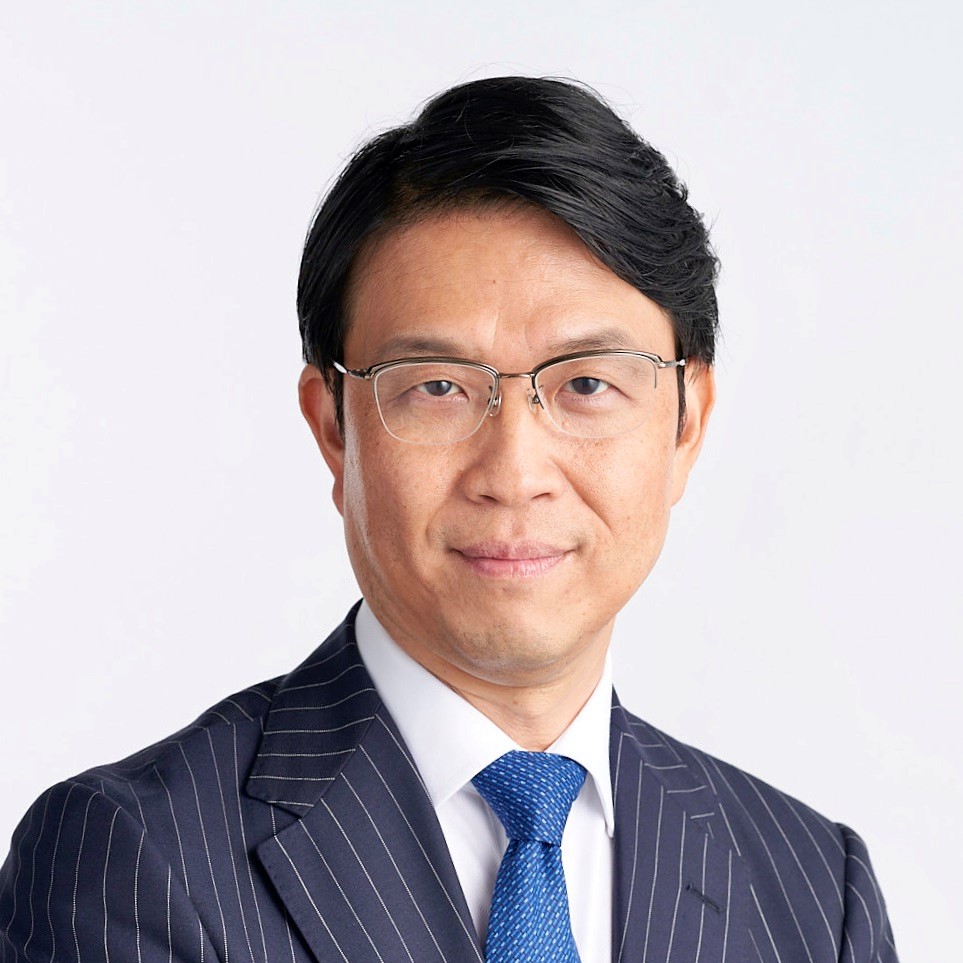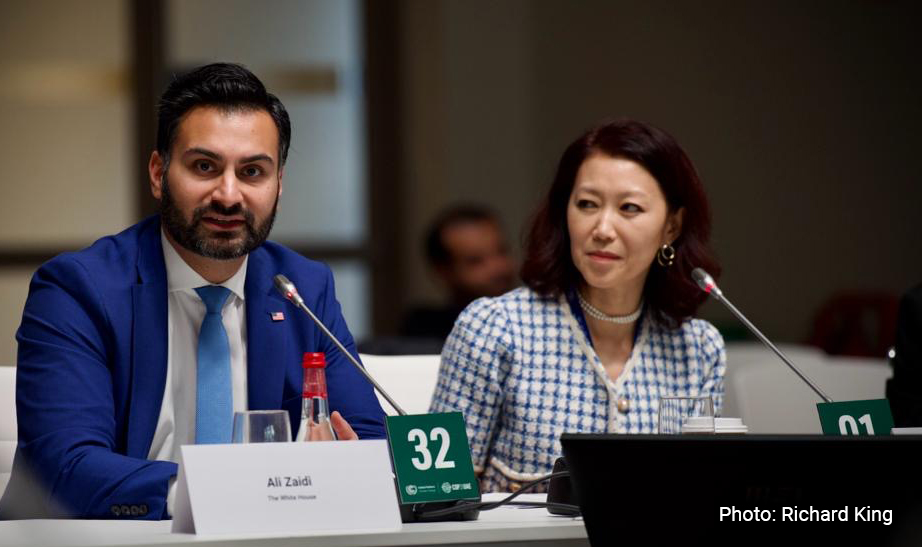Sustainability needs to be a core part of the MBA curriculum if business education is to keep pace with a changing world, provided that professors themselves have access to the relevant data they need, Hiro Mizuno writes in an opinion piece published this week in the Financial Times.
An emphasis on sustainability
Business schools need to infuse their curricula with sustainability thinking, concepts and tools, stresses Hiro, who notes that the next generation of leaders is itself asking for a strong emphasis on sustainability, which has become a critical factor in both corporate management and financial analysis.
“Sustainability is not a one-off course but a new business fundamental,” he writes. “Gone are the days when we can treat it as an elective. Until all business schools do this, they will be failing their students.”
A dearth of data, however, can stand in the way. “It’s fair to say it has been quite a challenge for academic researchers to obtain institutional-grade data on ESG and climate,” he notes. “A lack of data and research discourages academics from pursuing or teaching a topic.”
Central to our mission
Hiro, who serves as strategic counsel to the MSCI Sustainability Institute, is widely recognized as a pioneering figure in the world of sustainable investment. As chief investment officer of Japan’s Government Pension Investment Fund, he demonstrated his conviction that for capital markets to be sustainable, society must be sustainable too.
That idea is central to our Institute, which is on a mission to drive progress by capital markets to tackle global challenges such as climate change and create sustainable value in our fast-changing world. We are pursuing a series of initiatives that aim to align data, analysis, policy and action, including:
- Launching a Climate Data Knowledge Program, which will make investment-grade data, methods and know-how available to academic researchers without, as Hiro notes, “any direction or expectations on their research agendas,” with the aim of advancing research into sustainability-related challenges faced by investment practitioners.
- Expanding our Sustainability Research Portal, which highlights important academic studies into the impact of sustainability on financial assets to help investors sharpen their decision-making.
- Inaugurating our Climate Scholars Program, which brings together the Institute, MSCI’s Climate Risk Center and five Swiss universities to seed master’s-level research into emerging areas in climate-related financial risk.

Hiro Mizuno
Special Advisor to MSCI Chairman and CEO Henry Fernandez
Hiromichi Mizuno advises the MSCI Sustainability Institute in his capacity as Special Advisor to MSCI Chairman and CEO Henry Fernandez. He will help build the Institute’s advisory group, including leading investors, academics and other thought leaders. Hiro has played a pivotal role in promoting and implementing sustainable principles throughout the financial industry. He is widely recognized as a pioneering figure in the world of sustainable investment, especially in areas such as climate change and gender diversity.
Part of the mainstream
Our focus reflects the reality that Hiro describes. Compared with most modern finance, which has been with business schools for the better part of 75 years, sustainable investing remains in its relative infancy. The first socially responsible index, the Domini 400 Social Index (now the MSCI KLD 400 Social Index), launched in 1990.
Since then, sustainability has expanded beyond the domain of socially responsible investors to the mainstream of business and finance. There, as Hiro observes, sustainability has become an analytical tool for managing systemic risk in investment portfolios and “portfolio managers can no longer ignore or dismiss ESG or they risk overlooking the long-term risks associated with their portfolios.”
For the next generation of finance leaders, all finance must be sustainable finance.

